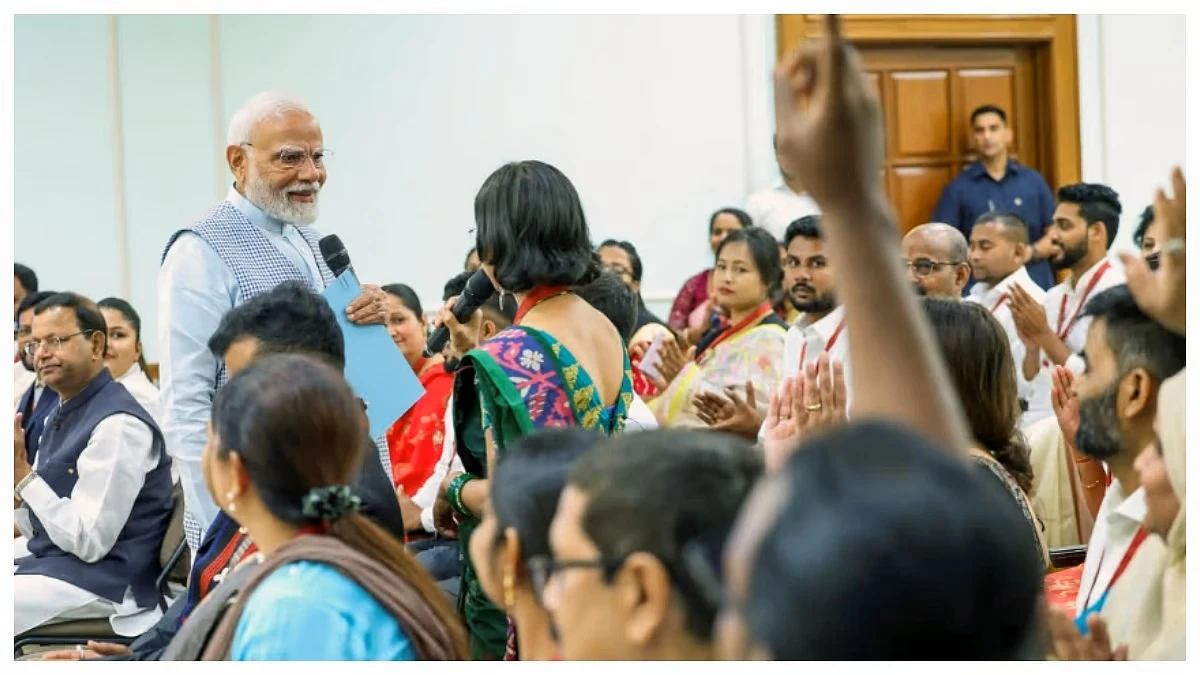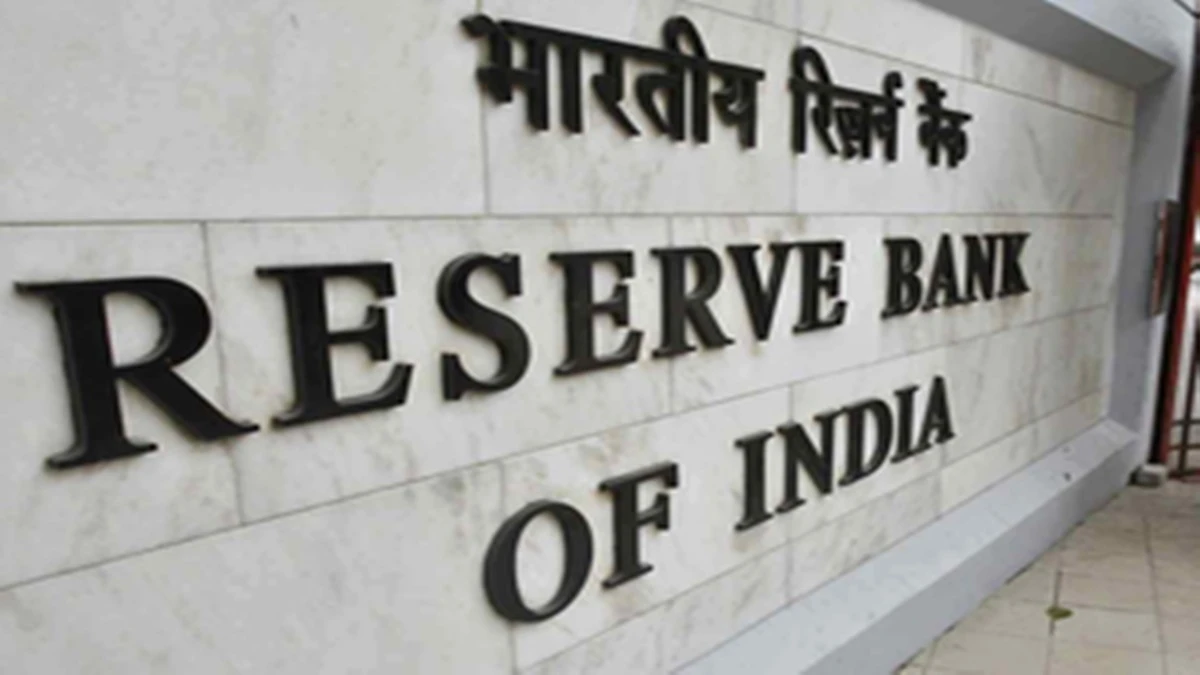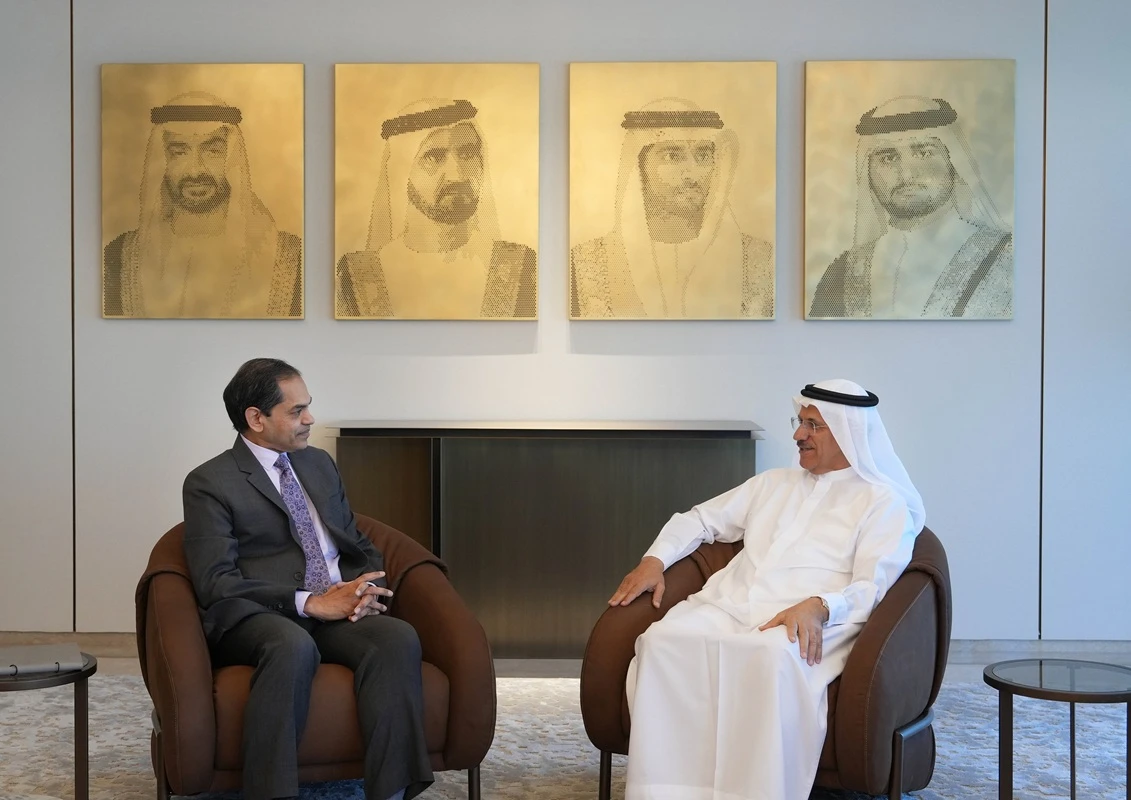New Delhi. India on Tuesday completed a decade since the launch of the Pradhan Mantri Mudra Yojana (PMMY), the flagship credit support initiative aimed at providing institutional finance to non-corporate, non-farm micro and small enterprises.
Since its launch on April 8, 2015, the scheme has sanctioned more than 52 crore loans worth ₹32.61 lakh crore, according to official data. The average loan size has grown from ₹38,000 in FY16 to ₹1.02 lakh in FY25, reflecting increased demand for higher-value loans among small enterprises.
Addressing select beneficiaries on the 10th anniversary of PMMY, Prime Minister Modi highlighted that over Rs 33 lakh crore in collateral-free loans have been sanctioned under the scheme. This financial support has empowered countless individuals to showcase their entrepreneurial skills, particularly among the youth, fostering a spirit of self-employment.
PM Modi emphasized that every Mudra loan carries dignity, self-respect, and an opportunity for growth. Beyond financial inclusion, PMMY has been a catalyst for social inclusion and economic freedom, empowering marginalized communities and fostering gender equality in entrepreneurship.
MSME credit expansion
The scheme has contributed to a major rise in credit flow to micro, small, and medium enterprises (MSMEs). According to a report by the State Bank of India, MSME lending rose from ₹8.51 lakh crore in FY14 to ₹27.25 lakh crore in FY24, and is projected to cross ₹30 lakh crore in FY25. The share of MSME credit in total bank credit has increased from 15.8 per cent in FY14 to nearly 20 per cent in FY24.
Women account for 68 per cent of beneficiaries
Women make up 68 per cent of total Mudra loan recipients. Between FY16 and FY25, the average loan per woman rose at a 13 per cent CAGR, reaching ₹62,679, while incremental deposits by women grew at a 14 per cent CAGR to ₹95,269. States with a higher proportion of loans to women have seen higher employment generation among women-led MSMEs, according to government data.
Focus on social inclusion per cent
The SBI report notes that 50 percent of Mudra accounts are held by SC, ST, and OBC entrepreneurs, while 11 per cent are held by members of minority communities. This indicates expanded access to formal finance for traditionally underserved groups.
Loan categories and growth
The distribution of loan categories also indicates an upward trend in business scale. Kishor loans, covering credit between ₹50,000 and ₹5 lakh, grew from 5.9 percent of the total disbursal in FY16 to 44.7 per cent in FY25. Loans in the Tarun category (₹5 lakh to ₹10 lakh) are also seeing increased demand. A new category, Tarun Plus, was added to support enterprises seeking credit between ₹10 lakh and ₹20 lakh.
The average loan ticket size has tripled, from ₹38,000 in FY16 to ₹1.02 lakh in FY25. Loan disbursal under the scheme rose by 36 percent in FY23.
State-wise disbursal
Tamil Nadu leads in total disbursal among states with ₹3.23 lakh crore, followed by Uttar Pradesh (₹3.14 lakh crore), Karnataka (₹3.02 lakh crore), West Bengal (₹2.82 lakh crore), and Bihar (₹2.81 lakh crore). Maharashtra reported ₹2.74 lakh crore in disbursals. Among Union Territories, Jammu and Kashmir topped the list with ₹45,815.92 crore sanctioned across over 21 lakh loan accounts.
Sector coverage and employment
The scheme caters to micro units engaged in manufacturing, trading, processing, and services. These enterprises—many of which operate as sole proprietorships or own-account enterprises—employ nearly 10 crore people, making them the second-largest source of employment after agriculture.
Global acknowledgement
The International Monetary Fund (IMF) has consistently recognized the scheme’s role in expanding financial access. In its 2024 report, the IMF reaffirmed that schemes like PMMY have supported the growth of self-employment and formalization of the economy through improved access to credit. Earlier assessments in 2017, 2019, and 2023 noted the program’s contribution to promoting women-led businesses and enhancing financial inclusion.
Lending institutions
The scheme is implemented through Scheduled Commercial Banks, Regional Rural Banks, NBFCs, and Microfinance Institutions, offering collateral-free loans of up to ₹20 lakh. It operates under the Micro Units Development and Refinance Agency (MUDRA).
(Courtesy Free Press Journal & DD News)
India PM’s Credit Support Initiative Completes 10 Years; Over ₹32.6 Lakh Cr Loans Sanctioned Since 2015

To comment or like please login first....
Login/Register




